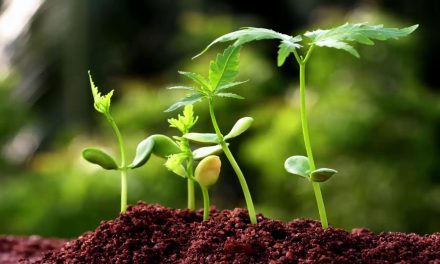Share the post "Kenya approves cultivation and importation of white GMO maize"
By correspondent
Kenya has approved open cultivation and importation of white Genetically Modified (GMO) maize to help revamp agricultural production and manufacturing sectors.
In a statement released after a cabinet meeting in Nairobi that was chaired by President William Ruto, the cabinet made the approval as a progressive step towards significantly redefining agriculture in Kenya by adopting crops that are resistant to pests and diseases.
“Cabinet vacated its earlier decision of 8th November, 2012 prohibiting the open cultivation of Genetically Modified crops and the importation of food crops and animal feeds produced through biotechnology innovations; effectively lifting the ban on Genetically Modified Crops,” the statement said.
Kenya had in 2012 prohibited the open cultivation of GM crops and the importation of food crops and animal feeds produced through biotechnology innovations.
Ongoing drought
The statement added that the decision was reached at based on the medium to long term responses to the ongoing drought and a recommendation of the Task Force to Review Matters Relating to GM foods and Food Safety, and in fidelity with the guidelines of the National Biosafety Authority (NBA) on all applicable international treaties including the Cartagena Protocol on Biosafety (CPB),
The cabinet also considered various expert and technical reports on adoption of biotechnology, including reports of the World Health Organization (WHO), the Food and Agriculture Organization (FAO), United States of America’s Food and Drug Administration (FDA) and the European Food Safety Authority (EFSA).
Today’s decision follows an earlier cabinet decision made in December 2019 that allowed the commercialization of Bacillus Thuringiensis (BT) cotton hybrid in Kenya that is a genetically enhanced variety of cotton that is resistant against African Bollworm, the most destructive and pervasive pest in cotton framing.
The earlier approval sought to revamp production of textiles, apparel, feed, and oil-industries towards the realization of industrialization.
Humanitarian support
The meeting was convened to look at the progress made in the national response to the ongoing drought situation that has affected 23 counties and also to appraise the ongoing humanitarian support and relief food being provided to the families in those areas and the medium-term and long-term strategies being developed to address the food security situation in the country.
According to the statement, the cabinet further considered a broad array of proposals touching on climate change adaptation, reducing Kenya’s reliance on rain-fed agriculture by increasing irrigation, planting of diverse and drought resistant crops, and the implementation of early warning and response mechanisms that are activated at the very start of adverse situations rather than when the situations have escalated into disaster conditions.
The decision now makes Kenya the first country in eastern African region to approve growing and importation of GMO crops.
Kenya now joins South Africa, Sudan, Egypt, and Burkina Faso that had earlier commercialized the growing of GM crops ranging from as maize, sorghum, and cowpea, but also cash crops such as cotton and soybean.








